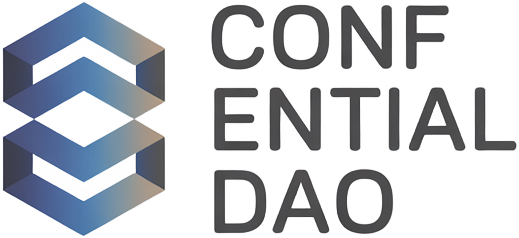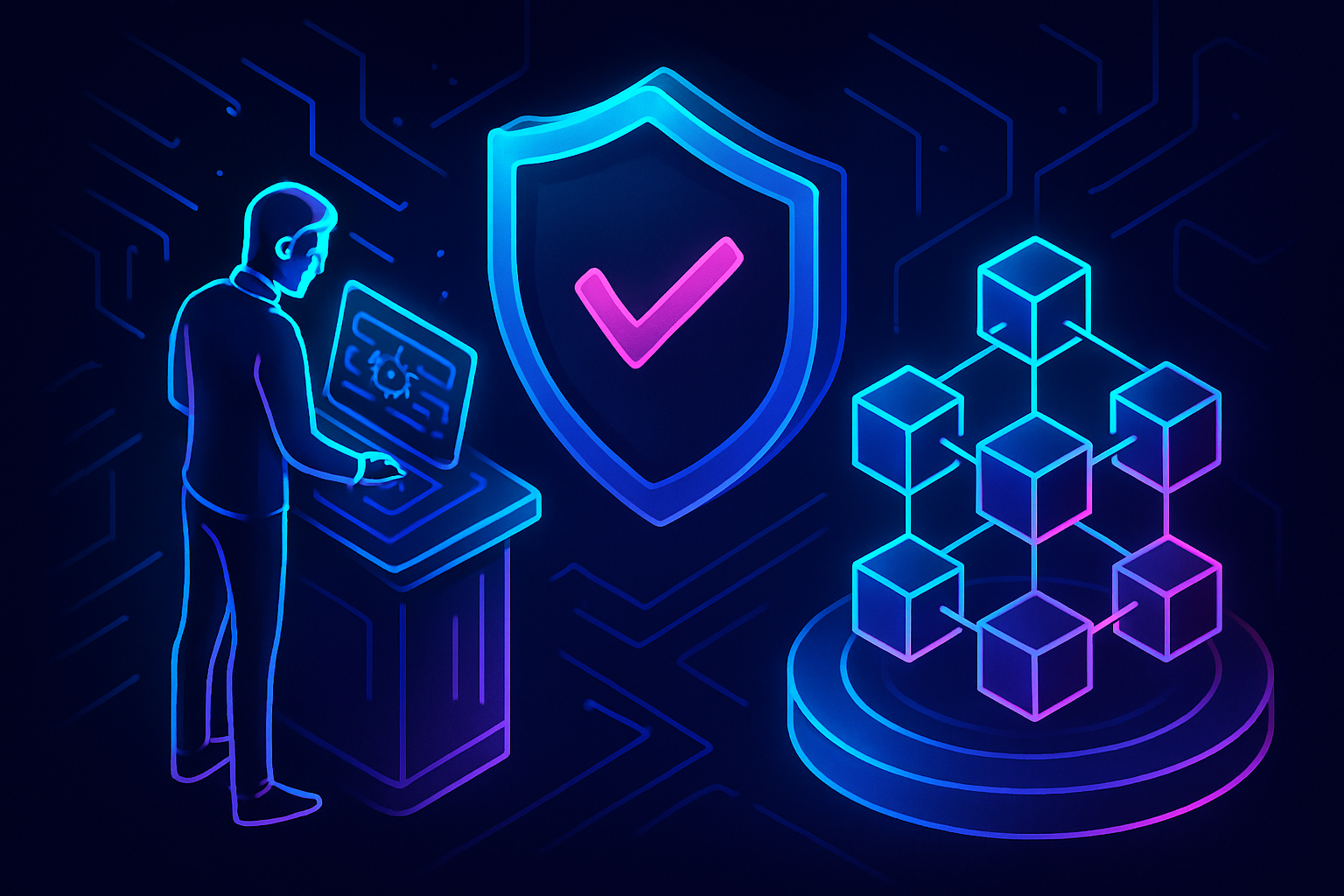
In the fast-evolving landscape of decentralized governance, privacy is more than a buzzword – it’s become a non-negotiable pillar for any serious DAO. If you’re building or participating in a decentralized autonomous organization, you know the tension: how do you keep operations transparent and verifiable, but still protect sensitive data from prying eyes? Enter zero-knowledge proofs (ZKPs) – cryptographic magic that lets you prove something is true without revealing the underlying secret. Let’s break down how ZKPs are transforming private DAO transactions and what it means for your next move.

Why Zero-Knowledge Proofs Are a Game Changer for DAOs
Traditional blockchains put everything out in the open. That’s great for transparency, but terrible if you want to keep payroll, voting choices, or deal flows confidential. With ZKPs, DAOs can have their cake and eat it too – verifiable trust without forced exposure. Here’s what makes ZKPs so powerful in this context:
Key Benefits of Zero-Knowledge Proofs for DAOs
-
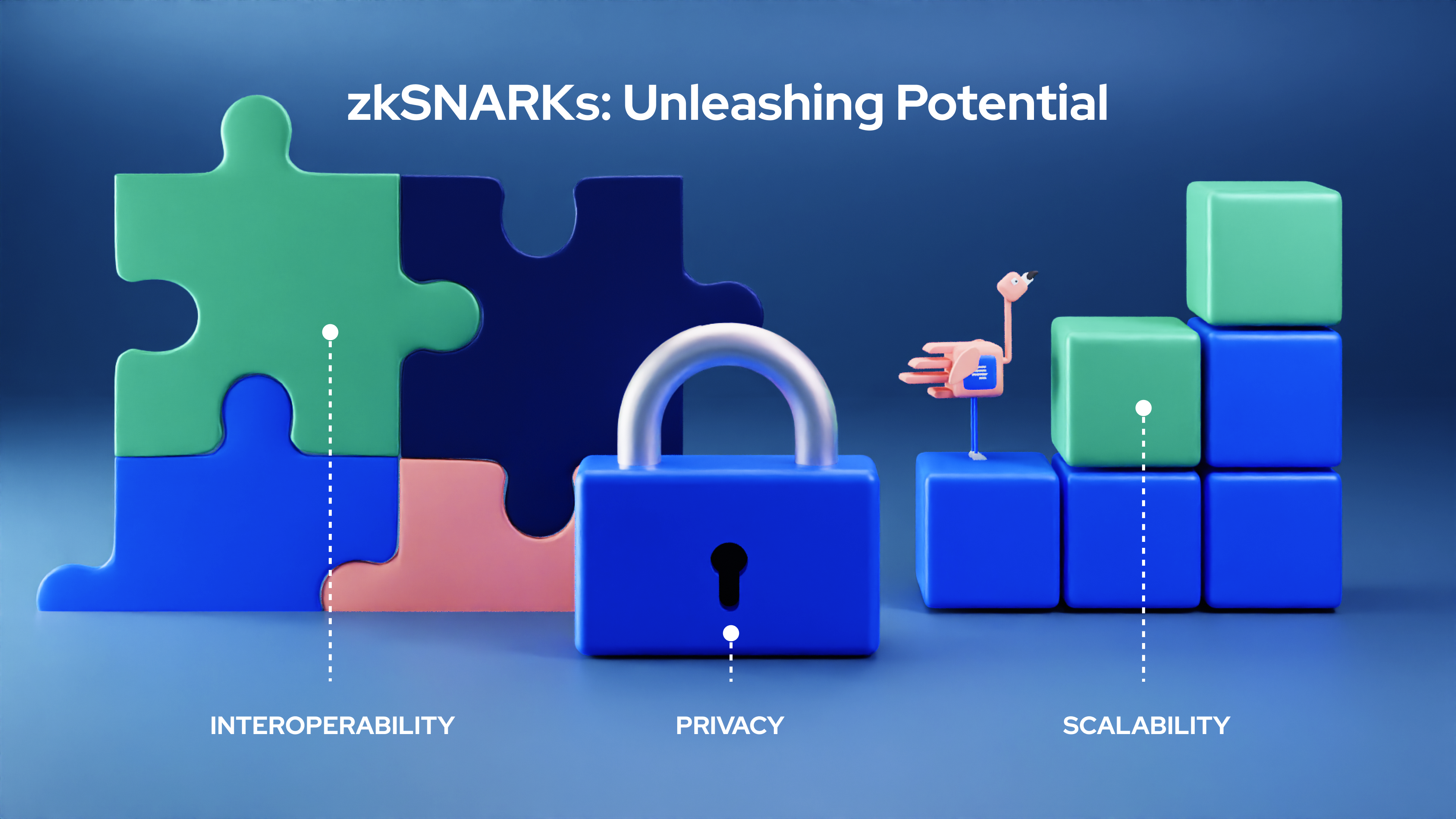
Enhanced Member Privacy: ZKPs allow DAO participants to prove their eligibility or membership without exposing their wallet addresses or identities, safeguarding personal information while enabling trustless participation.
-
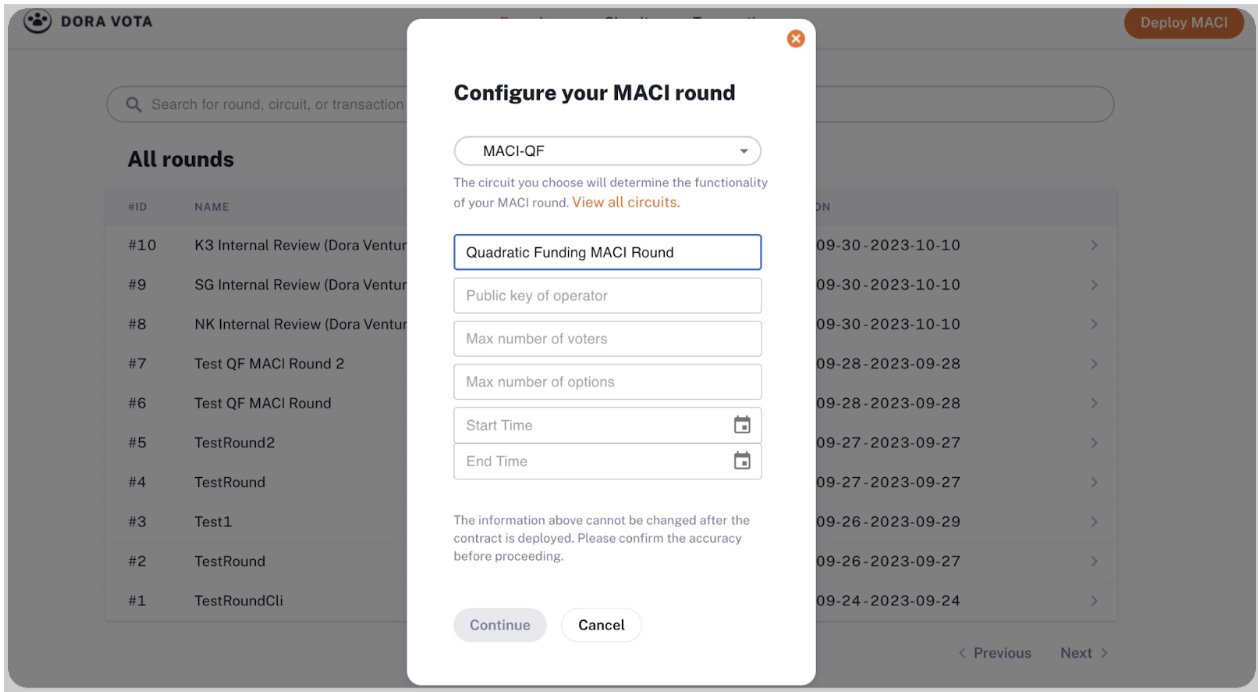
Confidential Voting: With ZKPs, DAOs can implement anonymous voting systems—like those powered by MACI—so members can vote without revealing their choices, reducing risk of coercion and boosting honest engagement.
-

Private On-Chain Payroll: DAOs can process confidential payments to contributors using ZKPs, keeping salary details hidden from the public and competitors while ensuring transaction validity.
-
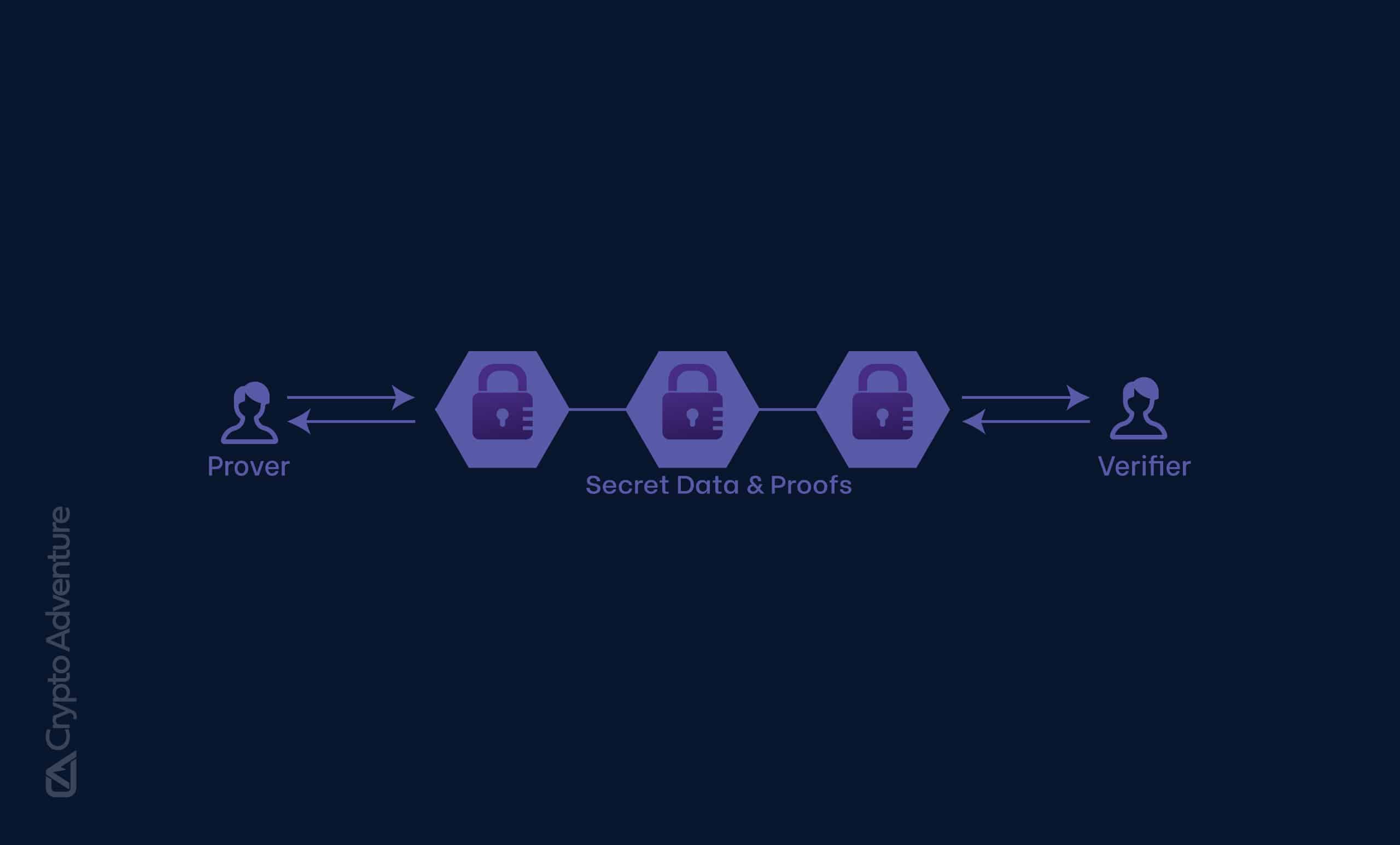
Confidential Transactions: ZKPs enable DAOs to conduct financial operations where transaction details—such as sender, receiver, and amount—remain private, which is crucial for sensitive treasury management.
-

Regulatory Compliance with Privacy: By implementing ZKPs, DAOs can maintain compliance with regulations that require transaction validity proofs, without sacrificing user privacy or exposing sensitive data.
Imagine being able to prove to your community that payroll was distributed fairly, or that a vote was counted correctly, without anyone knowing who got paid what or who voted which way. This isn’t science fiction; it’s happening now in leading-edge DAOs. According to daotimes.com, private payrolls are already leveraging ZKPs to keep compensation structures away from competitors and internal politics.
The Mechanics: How ZKPs Enable Private DAO Transactions
Let’s get concrete. Zero-knowledge proofs work by allowing one party (the prover) to convince another (the verifier) that they know something – like a password or transaction detail – without revealing the information itself. In DAOs, this translates into several killer use cases:
- Private Payroll: Salaries and bonuses can be distributed on-chain without exposing individual amounts.
- Anonymous Voting: Members cast votes privately while everyone can verify the tally is legit.
- Confidential Transactions: Payment flows between treasury and vendors stay hidden while still being provably correct.
The best part? These aren’t just theoretical. Tools like zk-SNARKs and zk-STARKs are already being used in protocols such as MACI (source) to enable anonymous voting at scale.
Pitfalls and Best Practices When Implementing ZKP in Decentralized Organizations
Diving into zero-knowledge isn’t just plug-and-play. Yes, the cryptography is powerful – but implementation takes planning and expertise. Here are some practical tips:
- Smart Contract Integration: Your contracts need to be designed with privacy from day one; retrofitting is costly and risky.
- ZKP Libraries and Frameworks: Don’t reinvent the wheel! Leverage established libraries (like zk-SNARKs/zk-STARKs) for reliability.
- Regulatory Compliance: Privacy isn’t an excuse to skirt laws; work with legal advisors early on.
If you’re aiming for confidential blockchain governance that scales, these points aren’t optional – they’re essential guardrails for success. For more on how real-world asset tokenization leverages these techniques, check out insights from Lauren Chaloupka (meegle.com).
But let’s get real: even the best cryptography can’t save you from poor design or hasty execution. The most successful DAOs treat zero-knowledge proofs DAO implementation as a holistic process, not just a technical add-on. That means involving stakeholders, running audits, and stress-testing your protocols before you ever go live with private DAO transactions. Remember, the stakes are high – a single misconfiguration could leak sensitive data or undermine trust in your entire organization.
What separates the leaders from the laggards? Iterative deployment and relentless testing. Launching confidential voting or payroll on mainnet without extensive testnet simulation is asking for trouble. Instead, start with small-scale pilots, gather feedback from your DAO community, and iterate fast. The privacy landscape is evolving at breakneck speed – new ZKP frameworks drop every quarter, and regulatory norms are still catching up.
Real-World Wins: Confidential Blockchain Governance in Action
The proof is in the pudding. We’re already seeing DAOs using ZKP in decentralized organizations to unlock new forms of governance and collaboration:
DAOs Using ZKPs for Private Payroll, Voting & Treasury
-
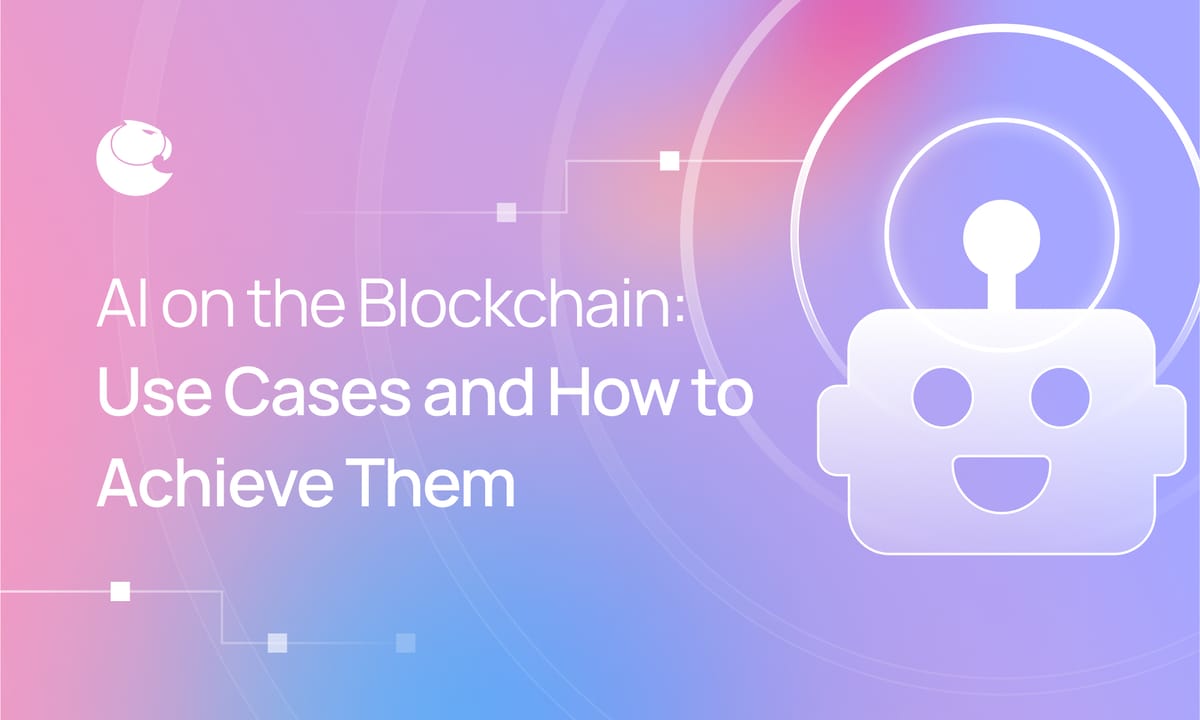
Aragon DAO: Integrates zero-knowledge proofs to enable private voting for governance decisions, letting members cast votes anonymously while still verifying vote validity. This boosts participation and protects voter privacy.
-
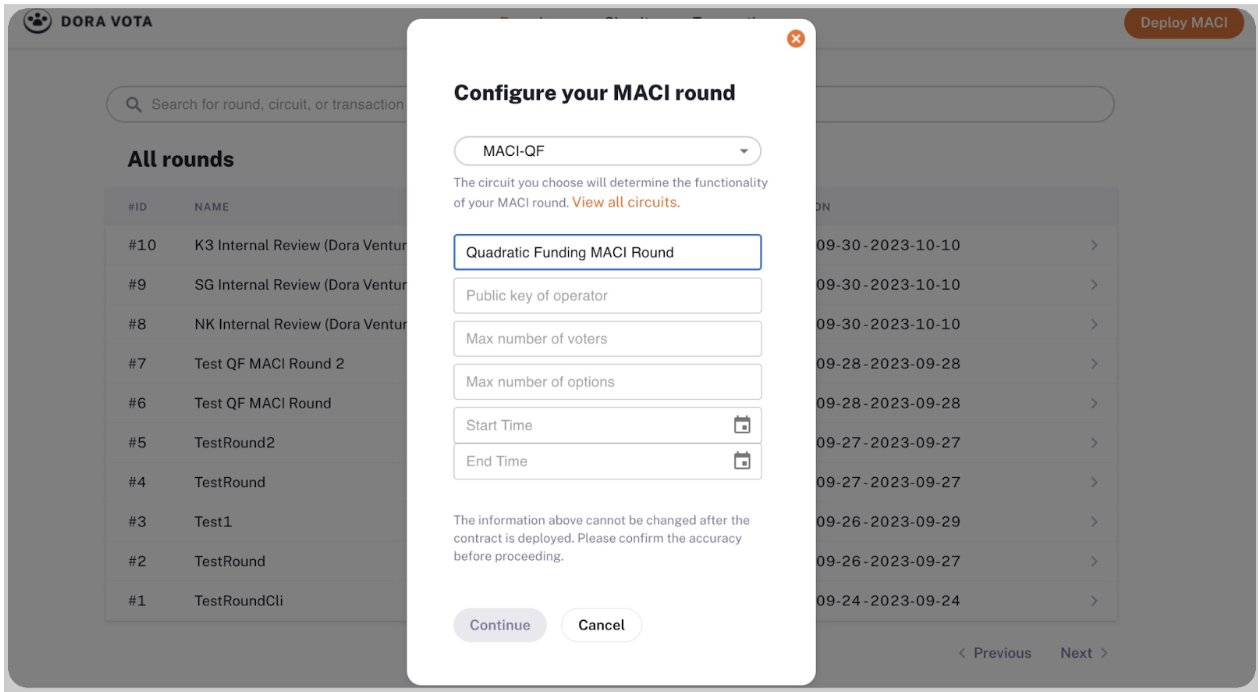
MACI (Minimum Anti-Collusion Infrastructure): Built by the Ethereum Foundation, MACI uses zkSNARKs to provide anonymous and tamper-resistant voting in DAOs, ensuring vote privacy and integrity without revealing voter identities.
-
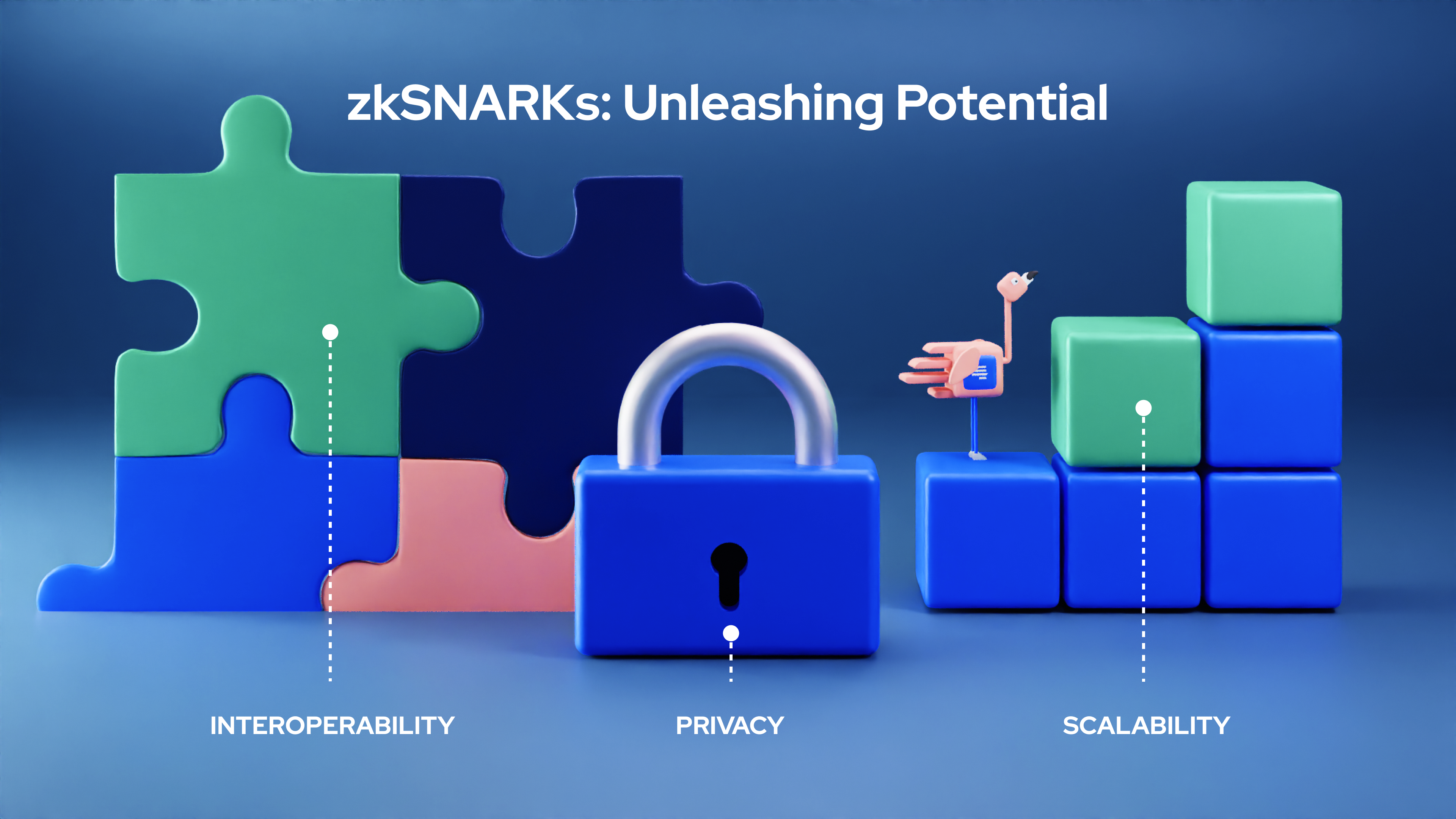
STP DAO: Employs zero-knowledge proofs for confidential payroll and treasury management, allowing payments and fund movements to be validated on-chain without exposing sensitive financial details.
-
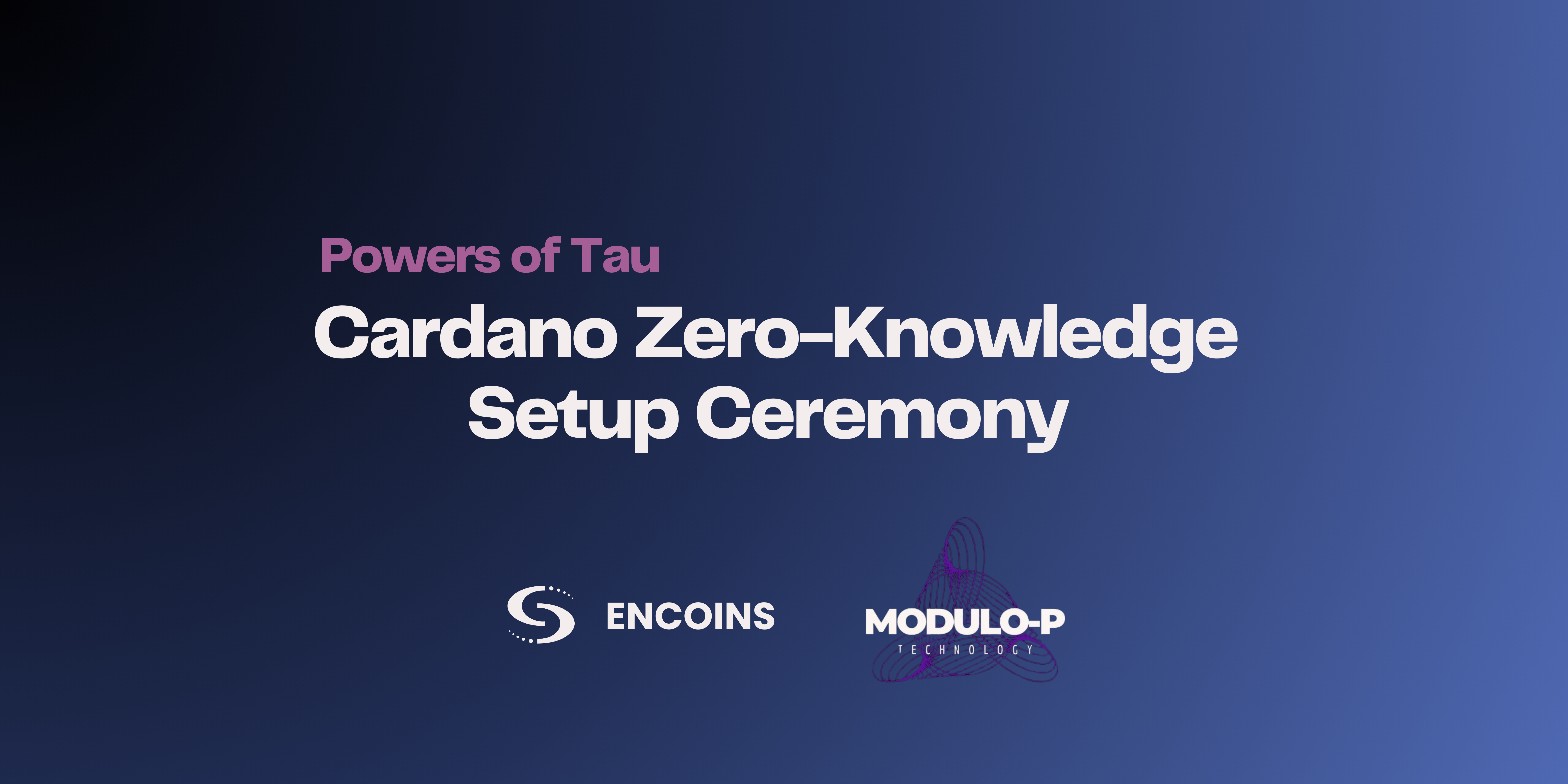
Cardano Project Catalyst: Implements a zkSNARK-based voting protocol for DAO governance, enabling private, verifiable voting and enhancing the confidentiality of proposal outcomes.
-
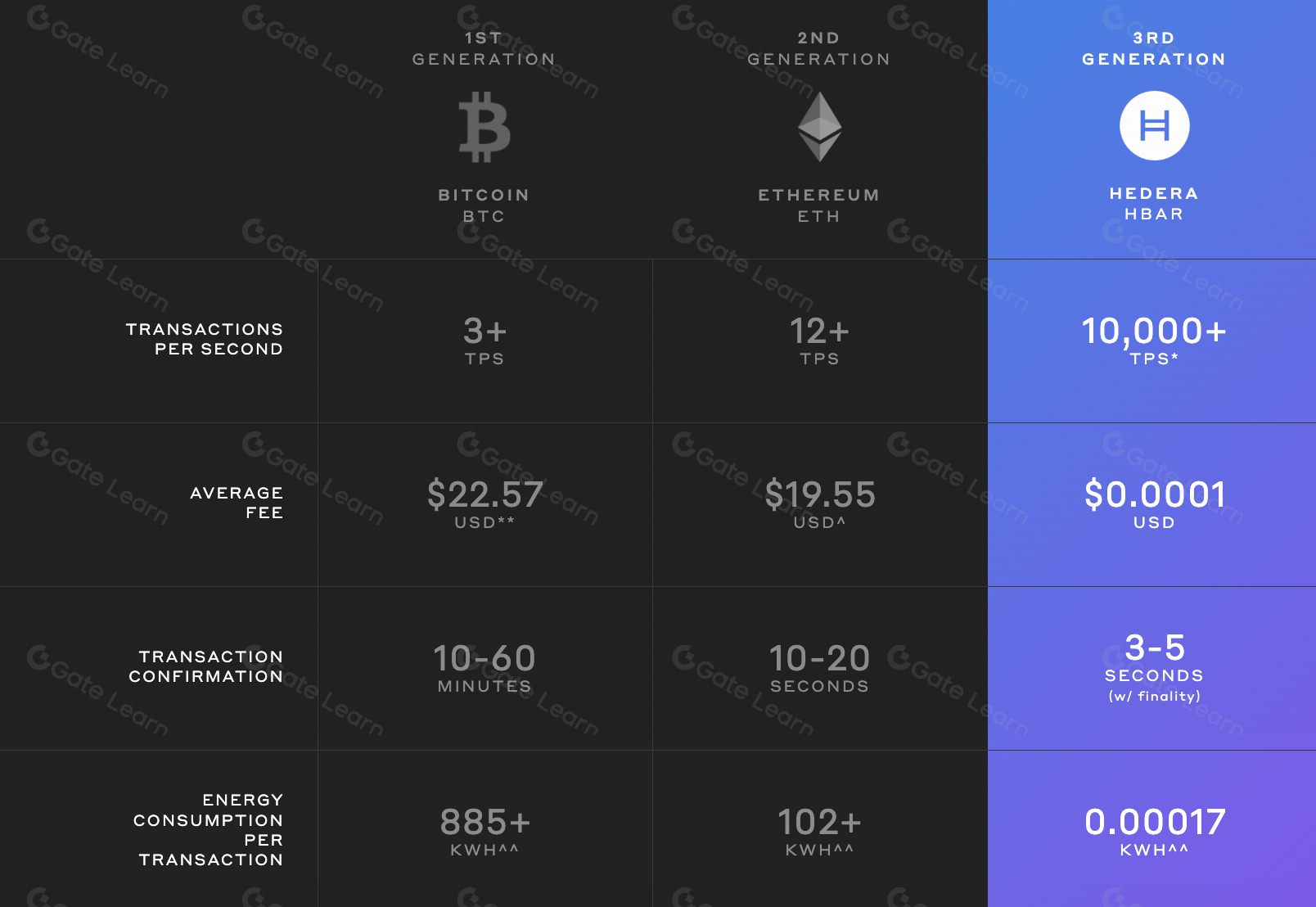
Hedera DAO Framework: Utilizes zero-knowledge proofs to facilitate private DAO voting, ensuring that votes are counted without revealing individual choices or identities.
Projects like MACI have shown that anonymous voting isn’t just possible – it’s practical at scale (source). Meanwhile, private payrolls on-chain are shielding compensation data from both internal disputes and external competitors (daotimes.com). And for treasuries managing large vendor payments or grants, confidential blockchain governance means you can prove funds were distributed correctly without exposing deal terms to the world.
Checklist: Is Your DAO Ready for Private Transactions?
If you’re serious about scaling participation while protecting your community’s interests, now’s the time to act. The tech is ready – what matters most is your team’s commitment to privacy-first design thinking.
Timing is everything: DAOs that move early on ZKP adoption will outpace those stuck in old paradigms of public-by-default operations. Don’t wait until a privacy breach forces your hand.
The bottom line? Confidential blockchain governance powered by zero-knowledge proofs isn’t some distant dream – it’s today’s competitive edge. Whether you’re building a new organization or upgrading an existing one, integrating ZKPs can help you attract top talent, foster open participation, and safeguard sensitive operations without sacrificing transparency where it counts.
